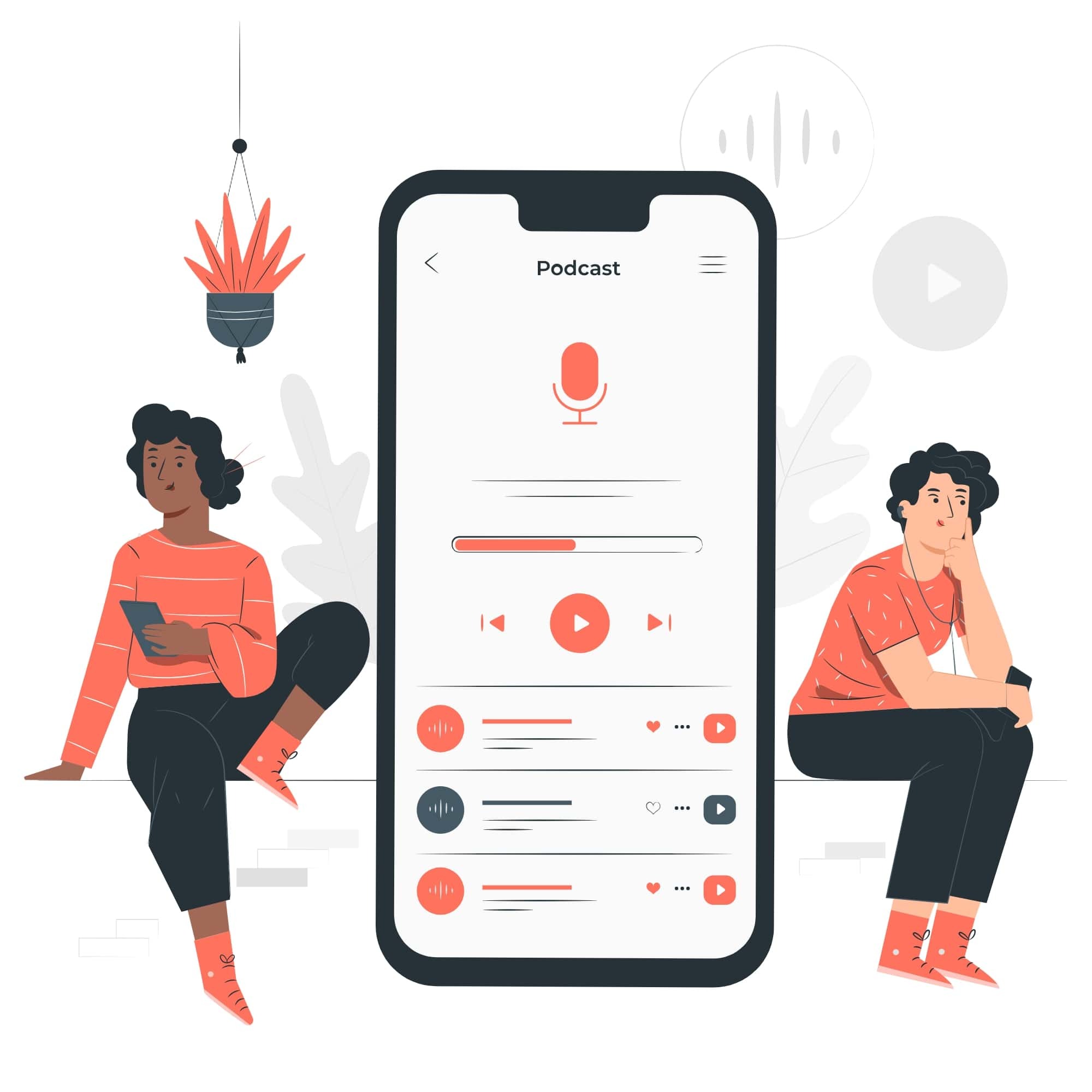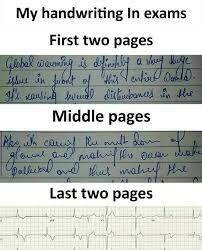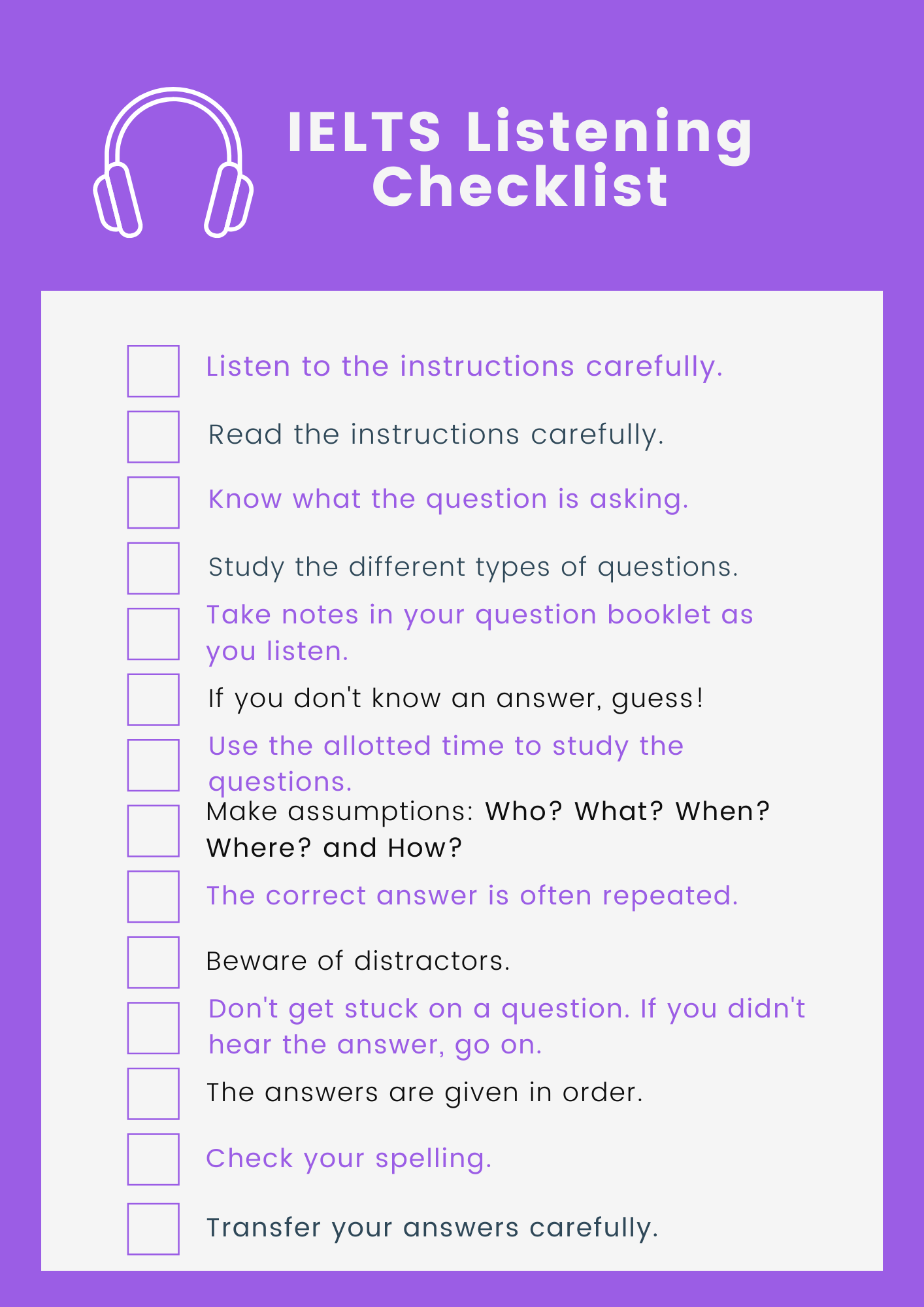 If you're reading this post, this means that you've already read the one in which I outline a study plan for the same module. This is more of a strategy-tips-checklist combo. Before I begin, I feel the need to clarify a few terms: strategy and tip.
If you're reading this post, this means that you've already read the one in which I outline a study plan for the same module. This is more of a strategy-tips-checklist combo. Before I begin, I feel the need to clarify a few terms: strategy and tip.
A strategy is a plan. A tip is a suggestion. A strategy tells you how to answer a question. A tip will help you answer it quickly.
Tip: Nothing is repeated in the Listening Module. If you miss an answer, you will not have a chance to go back and listen for the answer again. Don't waste time worrying about it. Just keep moving ahead. Answer all the questions that you can.
Listen to the instructions carefully. At the beginning of the listening test, you'll hear:
You will hear a number of recordings and you will have to answer questions on what you hear. There will be time for you to read the instructions and questions and you will have a chance to check your work. All the recordings will be played once only. The test is in 4 sections. At the end of the test, you will be given 10 minutes to transfer your answers to an answer sheet.
You'll hear similar instructions for each section.
Now turn to section 1/2/3/4. You will hear a woman telephoning about some information ...( you are given the whole picture and only on this occasion you'll hear an example so the recording will be played twice). First, you have some time to look at the questions.
Read the instructions carefully. The instructions are capitalised, both in bold AND italics. So, if you miss those then maybe it'll be a good idea to have your eyes checked. This is what they look like:

Use your time during the test to study the questions, not the directions.
Study the different types of questions. Be prepared for what the question might ask you to do. Be prepared to complete a sentence, check a box, or choose a letter.
Take notes in your question booklet as you listen. You can circle possible answers and change your mind later when you transfer your answers to the answer sheet.
REMEMBER: the question booklet will be destroyed. You can make notes, addnotations, doodles, draw stickmen or write your prayers on it. ONLY the answer sheet matters, so make sure you transfer ALL your answers from the question booklet to the answer sheet within the time limit.
If you don't know an answer, guess. For MCQs you have a minimum of 25% of getting the right answer, so who knows, maybe someones above (or below) loves you and you write/circle the write answer.
Tip: One correct answer can make the difference between band 6.5 and band 7.
30 correct answers = band 7
29 correct answers = band 6.5
After answering, preview the next set of questions. Make assumptions about what
you think you will hear. When you make assumptions, ask yourself: Who? What? When? Where? and How?
The correct answer is often repeated, but the words will not be written exactly as they are heard. The test will use paraphrases and synonyms. So, if you think about it the IELTS Listening test is not a mere listening comprehension test, but also a vocabulary test.
A lot of information given in the conversations and lectures is not tested. Try to listen only for answers to the questions.
Don't get stuck on a question. If you didn't hear the answer, go on.
The answers are given in order. For example, if you hear the answer to question 10, but didn't hear the answer for question 9, you missed question 9. You will not hear the answer later. Guess the answer to question 9 and move on.
When you write a word in a blank, you must spell the word correctly. It doesn't matter if you use British or American spelling. It must be spelled correctly or you will get a lower score.
Mark your answers carefully. If you are asked to give a letter (e.g., A), don't answer with a phrase.
Pay attention when speakers correct themselves. The second statement is usually the one that contains the correct answer.
Tip: Pay attention when speakers change their mind. Listen carefully to expressions or phrases which indicate which the correct answer is.
Incomplete or shortened answers (e.g., times and dates) will be marked as incorrect.
Remember that answers that exceed word limits (even use of a and the) will be marked as incorrect.
A variety of accents are used, including British, American, and Australian. Practise listening to different types of native speakers.
Practise listening for a full half-hour. Concentrate. Do not let your mind wander. Can
you repeat the main ideas and details from what you heard? Can you summarize what
you heard?
Finally, transfer your answers from the booklet onto the answer sheet. Yeah, I know I've already mentioned that, but in the heat of the moment, maybe you're stressed, pressed with time, or whatever reason you might have, you might forget that. From experience, I can assure you that you'll need an average of 5-6 minutes to write ALL 40 answers. Even if you write in capitals.
Tip: Make sure your handwriting is legible. Not caligraphic, but LEGIBLE.
It shouldn't look like this:

I've also created a very pretty, purple checklist, which you can print and tick the stages are you work through the test.

Stay tuned for other checklists!
Your IELTS bestie,
Florina
